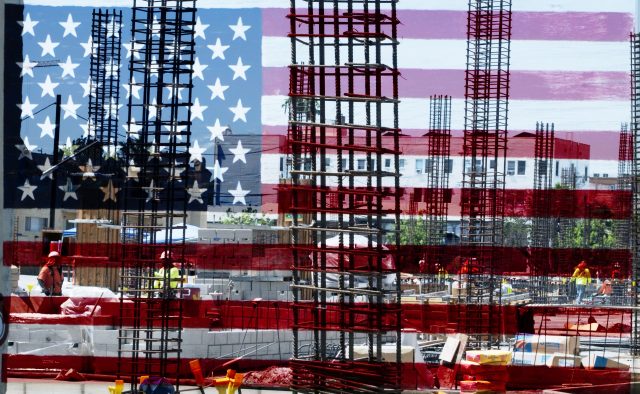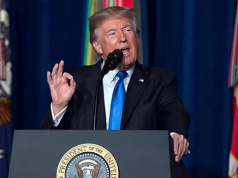
Labor Day, observed on the first Monday in September, has long been recognized as a holiday dedicated to the social and economic achievements of American workers. For many, it marks the unofficial end of summer, but its origins tell a deeper story of struggle, solidarity, and progress.
The Roots of Labor Day
The idea for Labor Day grew out of the late 19th century labor movement. During the Industrial Revolution, American workers often endured grueling 12-hour shifts, seven days a week, in unsafe and unsanitary working conditions. Even children as young as five or six worked in factories, mills, and mines for meager wages.
As workers began to organize into unions, they fought for shorter workdays, safer workplaces, and fair pay. Protests and strikes spread across the country. One of the most influential was the Pullman Strike of 1894, a nationwide railroad strike that led to violent clashes between workers and federal troops. In the aftermath, Congress sought to reconcile with the labor movement. Just days after the strike ended, President Grover Cleveland signed legislation making Labor Day a federal holiday.
The First Celebrations
The very first Labor Day was celebrated on September 5, 1882, in New York City, organized by the Central Labor Union. Workers marched in a parade, demanding better conditions and showcasing the strength of the growing labor movement. The tradition quickly spread to other cities, and within a decade, more than half the states recognized the holiday.
Why We Celebrate Today
Today, Labor Day stands as a tribute to the generations of workers who fought for rights many now take for granted—such as the 40-hour workweek, weekends off, overtime pay, and workplace safety laws. It’s also a reminder of the ongoing importance of workers in every sector of society, from healthcare and education to manufacturing and service industries.
Modern Traditions
Beyond its historical significance, Labor Day has become synonymous with cookouts, parades, and community gatherings. Many cities host parades featuring unions, marching bands, and local organizations, carrying on the spirit of solidarity that started the holiday.
A Holiday With a Purpose
While Labor Day is often viewed as a three-day weekend to relax, its roots lie in the sacrifices of those who demanded dignity and fairness in the workplace. It remains a day to recognize the vital role workers play in building and sustaining the nation.








